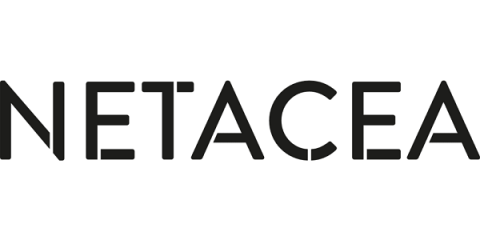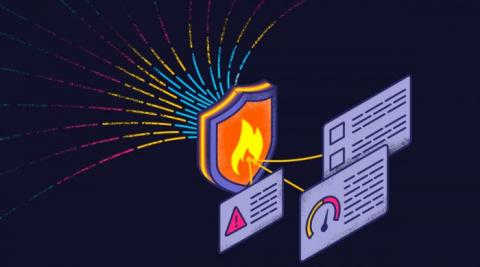Security | Threat Detection | Cyberattacks | DevSecOps | Compliance
%term
Securing AWS Management Configurations By Combating 6 Common Threats
There’s a common misconception that cloud providers handle security, a relic leftover from hosting providers of previous decades. The truth is, cloud providers use a shared responsibility model, leaving a lot of security up to the customer. Stories of AWS compromise are widespread, with attackers often costing organizations many thousands of dollars in damages.
The Hidden Benefits of Compliance
If I were to ask you why you scanned for compliance at your company, I’d bet you’d tell me it was to help you pass requirements easier, to ensure that your audits are good on the first pass and so that you could troubleshoot technical issues with another process. You didn’t know about that last one? Wait, are you telling me you don’t know about the hidden benefits of compliance that you’re getting? Let’s talk.
SIEM vs Log Management
It now takes organizations 207 days to identify and 73 days to contain security breaches, according to IBM’s 2020 Cost of a Data Breach Report. That means the average “lifecycle” of an incident is a staggering 280 days — 7 months! Moreover, cybercrimes are becoming increasingly sophisticated and attackers are quicker than ever when it comes to finding cracks in corporate infrastructure.
Identify and Remediate Security Issues with Intelligent Risk Scoring
Today, having a strong data governance program is critical for many reasons: understanding and minimizing risk to sensitive data, maintaining security and trust, avoiding compliance fines, and empowering knowledge workers to be more effective at their jobs. The trouble is, if you don’t manage scope properly, and instead try to eat the proverbial data governance elephant all in one bite, you are setting yourself up for trouble.
The rise of social media data breaches
Table of Contents Cybercriminals are always looking for the new weak link and social media is a point of vulnerability for many businesses. As it becomes more common for social media to be used for and by businesses, the opportunity for cybercriminals to use social media in their attacks grows. Social media is an essential tool for networking, events, advertising, keeping up with trends and more.
Using Maths to Fight Financial Crime
Financial crime has become a red-hot topic over the last 12 months, as fraudsters have sought to exploit the monitoring gaps between people, process and technology across an ever-widening attack surface – driven by the growth in usage of remote (digital) channels. Even before its recent growth, the cost of fraud and financial crime was significant.
Using Coralogix to Gain Insights From Your FortiGate Logs
FortiGate, a next-generation firewall from IT Cyber Security leaders Fortinet, provides the ultimate threat protection for businesses of all sizes. FortiGate helps you understand what is happening on your network, and informs you about certain network activities, such as the detection of a virus, a visit to an invalid website, an intrusion, a failed login attempt, and myriad others. This post will show you how Coralogix can provide analytics and insights for your FortiGate logs.
Priority on people - An argument against the excessive use of Cybersecurity technology
Despite what many advertisements and salespeople would like you to think, you don’t need to (and in many cases shouldn’t) spend a fortune on security tools to achieve a robust cybersecurity program. Some tools are essential, such as a ticketing tool or Security Information and Event Management (SIEM) system, but the best security programs are built off the employees that run the business.










